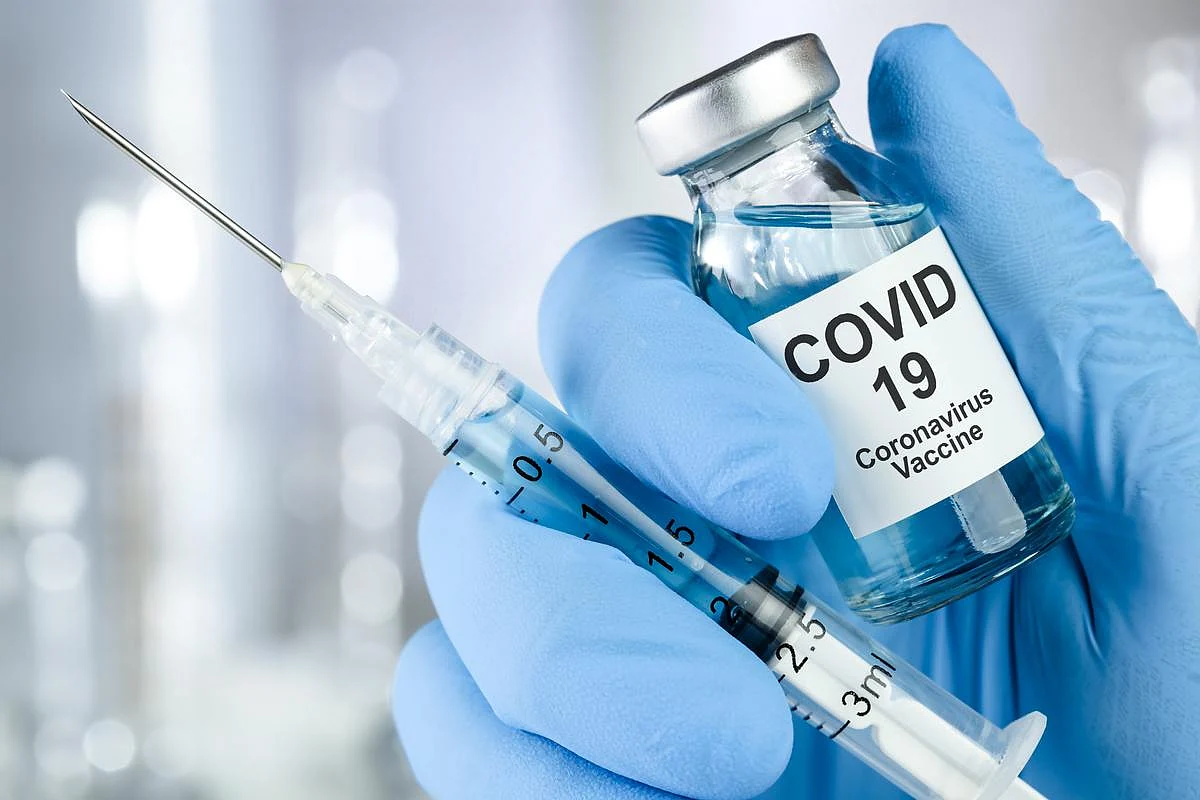No significant increases seen in rate of hospital contacts for any of 29 adverse events in 28-day risk period after vaccination
By Elana Gotkine HealthDay Reporter
WEDNESDAY, Aug. 6, 2025 (HealthDay News) — Vaccination with the updated COVID-19 mRNA vaccine containing the severe acute respiratory syndrome coronavirus-2 Omicron JN.1 lineage was not associated with an increased risk for 29 adverse events, according to a study published online July 28 in JAMA Network Open.
Niklas Worm Andersson, M.D., Ph.D., from Statens Serum Institut in Copenhagen, Denmark, and colleagues examined the association between vaccination with JN.1-containing vaccines and the risk for 29 serious adverse events adapted from prioritized lists of adverse events of special interest to COVID-19 vaccines. Outcome rates during the first 28 days after JN.1-containing vaccine administration (i.e., the risk period) were compared to outcome rates during the remaining period.
Participants were adults in Denmark recommended to receive the 2024 to 2025 JN.1-containing booster vaccine who had previously received three or more COVID-19 vaccine doses (1,012,400 individuals). The researchers found that during the 28-day risk period after receipt of a JN.1-containing mRNA vaccine, there were no significant increases in the rate of hospital contacts for any of 29 adverse events compared with reference period rates. The incidence rate ratios were 0.84 (95 percent confidence interval [CI], 0.76 to 0.94), 0.92 (95 percent CI, 0.76 to 1.13), and 1.12 (95 percent CI, 0.41 to 3.10) for ischemic cardiac events, intracranial bleeding, and myocarditis, respectively.
“Although we analyzed a nationwide cohort, some outcomes, such as erythema multiforme, occurred very rarely during follow-up, with consequently lower statistical precision, and some outcomes, such as transverse myelitis, could not be statistically compared,” the authors write.
One author disclosed ties to the pharmaceutical industry.
Copyright © 2025 HealthDay. All rights reserved.








